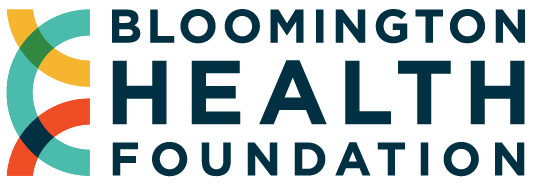 March Madness will be hosted at IU’s Simon Skjodt Assembly Hall next week and with it a bevy of protocols to ensure that the athletes, spectators, staff, and community will remain safe during the COVID era.
March Madness will be hosted at IU’s Simon Skjodt Assembly Hall next week and with it a bevy of protocols to ensure that the athletes, spectators, staff, and community will remain safe during the COVID era.
The NCAA has been working with the Marion County Health Department in Indianapolis to develop guidelines and procedures that will be enacted throughout the tournament. All participants will be subjected to mandatory COVID-19 testing, requiring seven consecutive negative tests before arriving in Indianapolis, and will also be tested throughout the remainder of the tournament. Teams will practice at the Indiana Convention Center and accommodations have been arranged to isolate hotel floors, including socially distanced dining. Masks will be required at all times except during practice, competition, when alone in rooms, or during meals. Participants will also wear contact tracing devices which will inform the need to quarantine and contact trace if someone is found positive.
While the NCAA capped attendance for all games at 25% venue capacity, Indiana University is allowing only 500 spectators in the 17,000+ seat venue. Those limited seats will be reserved for essential staff, family members, vaccinated healthcare workers, and first responders. All in-person spectators must wear face coverings and physically distance. All participating venues have enacted rigorous cleaning and disinfecting measures.
As a precaution, the NCAA announced earlier this year that the entire men’s tournament would be held in Indiana to minimize travel, emulating a similar model used by the NBA. The First Four and First Round games will be held on IU’s campus on March 18, 19, and 20. More information regarding scheduling and networks televising the games can be found here.
When asked if there were any concerns related to the spread of COVID due to the tournament, Bloomington Mayor John Hamilton said, “My concerns probably center less around where games are played and more around how fans of the games may gather outside of the physical venues in social settings that can spread the virus quickly. We all need to continue to exercise the vigilance of physical distancing, masking, personal hygiene to protect against that. We all must still not “share air” with those outside our households unless essential.”
Like what you’re reading?

Recent Comments